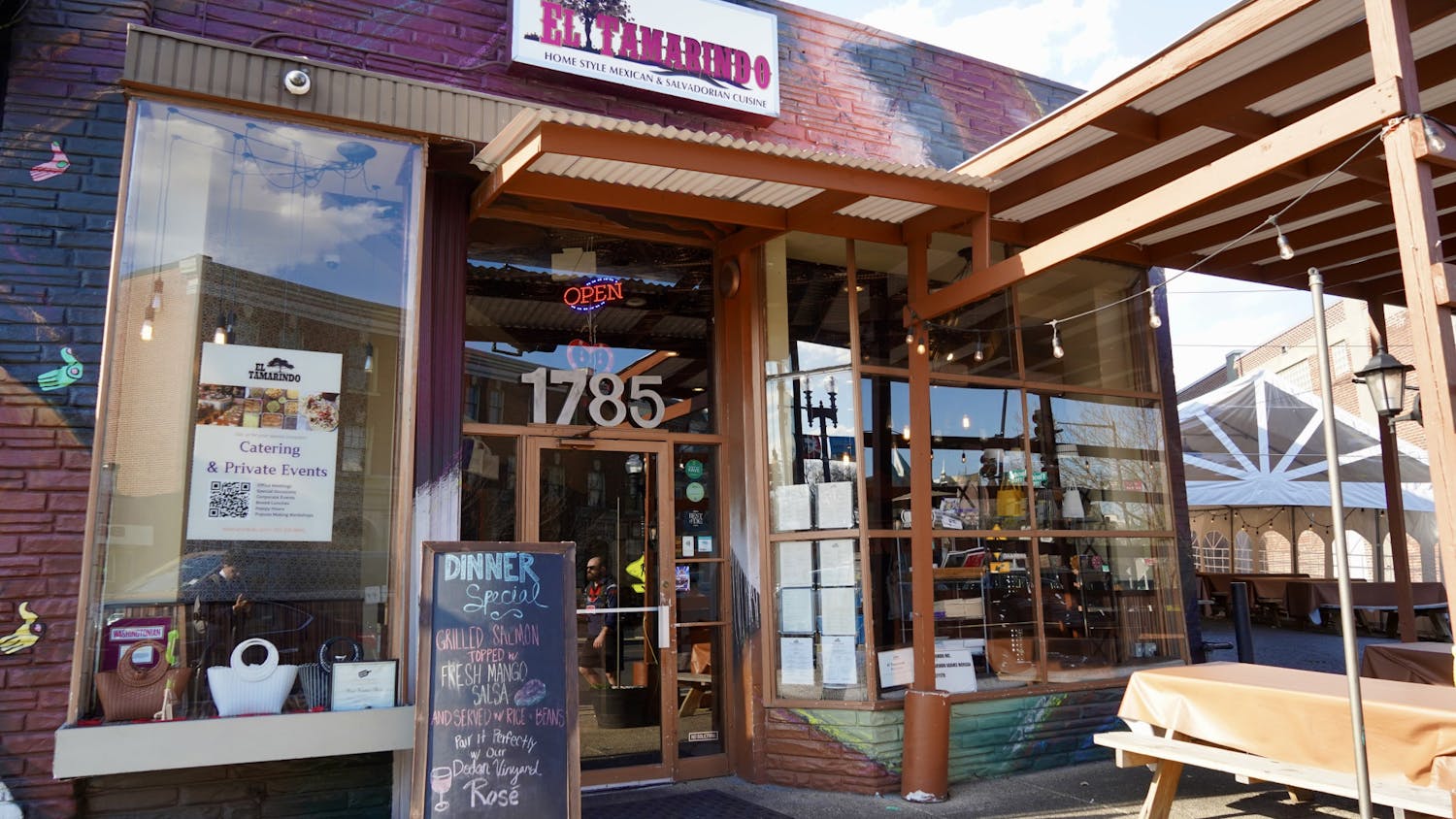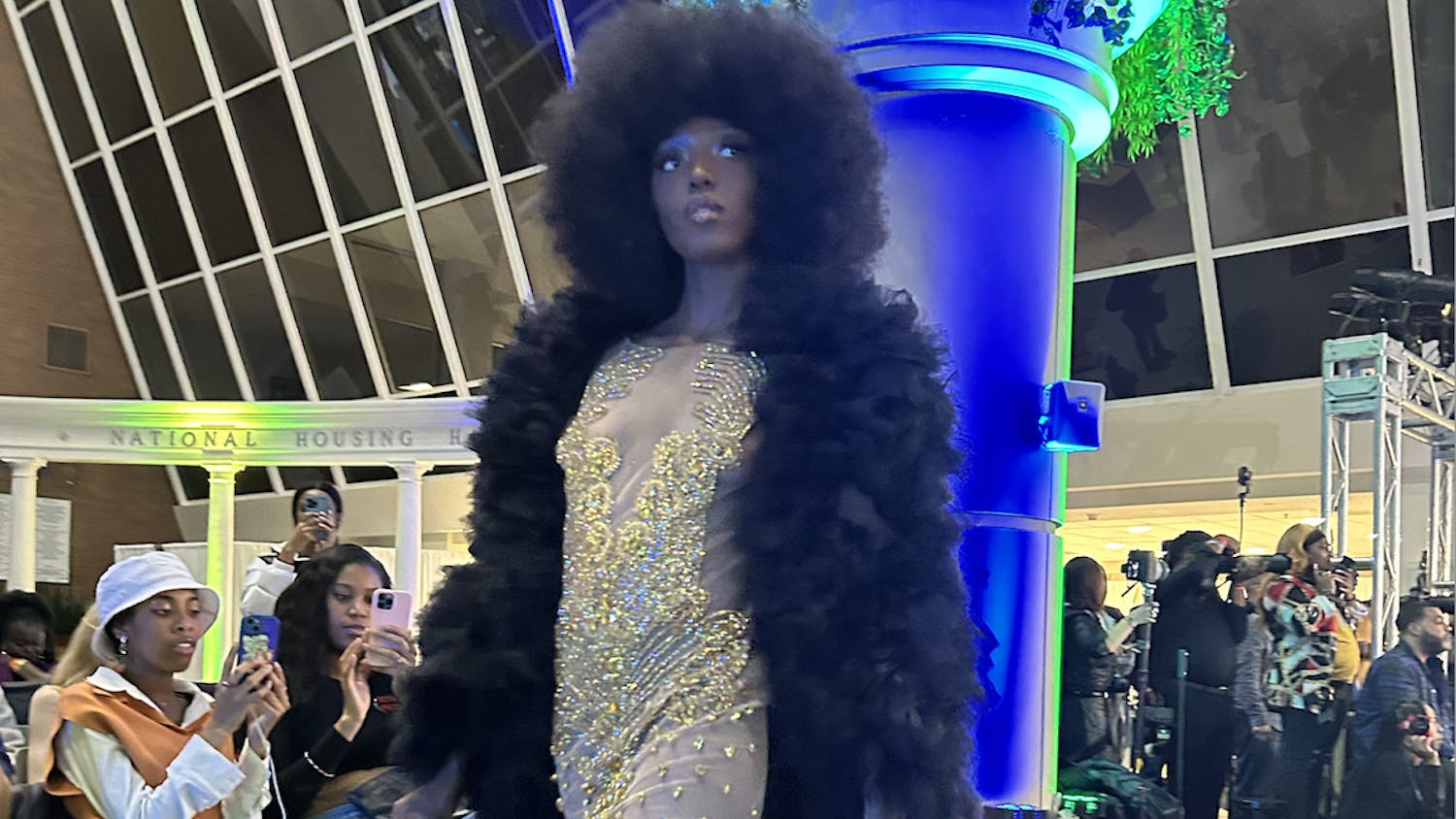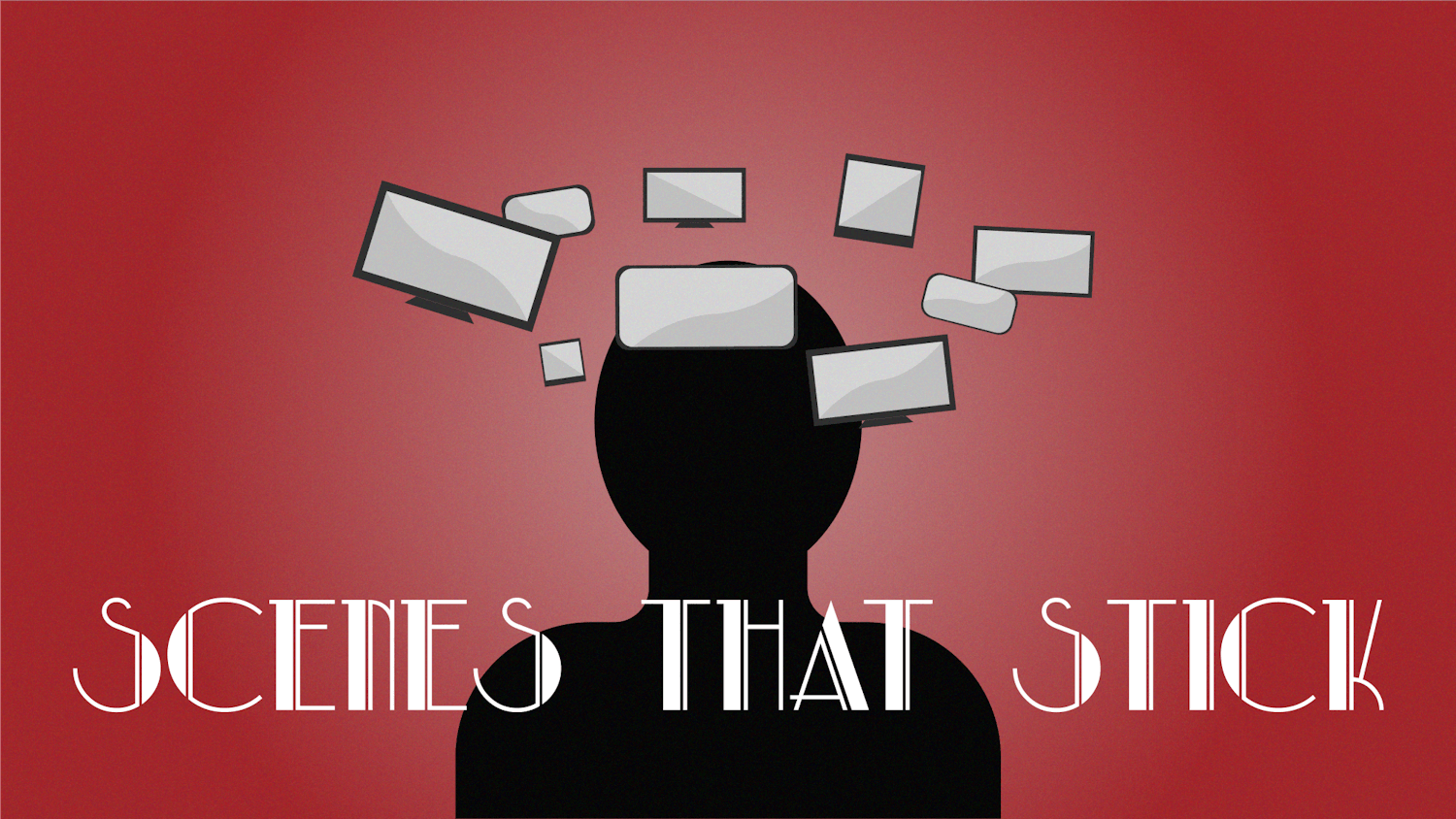Courtney Greenley, a second year graduate masters candidate, was skeptical when she first chose to participate in a race and ethnicity dialogue group last fall as an assignment for her conflict resolution class. But after seven weeks, she applied to be a facilitator for the next semester’s dialogue groups.
“I wanted to make sure that I continued to facilitate the same kind of environment that I was able to participate in,” she said. “It’s been a really enriching experience and a tool I’m hoping to develop for my future.”
According to Greenley, her experience mirrors that of many members of AU’s Dialogue Development Group (DDG) who first became involved as participants and have gone on to become facilitators of dialogue both on and off campus.
DDG is an open discussion amongst AU students on a range of issues such as race, ethnicity, class and gender through sharing personal experiences.
This semester’s dialogue groups are running from Feb. 17 until April 10. Once the groups were announced at the beginning of the semester, students submitted participant applications and, once selected, were placed into the appropriate dialogue group.
Each semester’s dialogue groups reflect the diversity DDG is seeking to promote. The topics of the groups are decided by student interest. This semester’s dialogue groups are:
● “Close Yet Far: A Dialogue between Korean and Japanese Students”
Thursdays from 5:30 – 8 p.m., Feb. 20 – April 10
● “Community Service: Intersections of Privilege, Identity and the Human Connection”
Mondays from 5:30 – 8 p.m., Feb. 17 – April 7
● “Islam in America: Conflict, Coexistence and Community”
Wednesdays from 5:30 – 8 p.m., Feb. 19 – April 9
● “Left, Right, Middle and Completely Off the Map: A Dialogue on Identity and Political Affiliation”
Mondays from 5:30 – 8 p.m., Feb. 17 – April 7
● “Interacting Cultures: A Dialogue on identity in International Environments”
Thursdays from 2:35 – 5 p.m., Feb. 20 – April 10
● “Race and Privilege: Revealing our Privileges through a Racial Perspective”
Tuesdays from 5:30 – 8 p.m., Feb. 18 – April 8
The groups meet for two and a half hours once every week for seven weeks with two student facilitators, who create structured plans for each session. The first few sessions are focused on creating a “safe space” as program coordinator Tracey Livingston called it, or a sense of community and understanding. As the discussions go deeper and deeper into the topic, the direction is decided by the participants.
The program was inspired by “Dialogue: Approaches and Applications,” a course Professor Mohammed Abu-Nimer taught at AU in 2006 where students participated in a dialogue group in the classroom. At the end of the course, a group of students approached Abu-Nimer about continuing the dialogue group, which he encouraged as a faculty advisor.
Rebecca Davis, director of the School of International Service Diversity and Inclusion Initiatives and assistant director of SIS Graduate Enrollment Management, participated in DDG as a second-year masters student during the program’s first semester.
“It was really the one time when I had an opportunity to interact with freshman all the way up to graduate and masters students and full time staff,” she said. “That range of people doesn’t usually land up in the same room at the same time. To interact with people who are so different from yourself, there needs to be some sort of structure that causes that to happen.”
Davis worked to build that structure for the next six years until it was moved into the Office of Campus Life’s Center for Diversity and Inclusion under Livingston in June 2012.
Livingston said her focus has been to broaden the reach of the program on campus to attract a wider variety of participants.
“We have a certain demographic or group of people that are more likely to apply,” she said. “But certain types of demographics who may not see themselves as needing the dialogue potentially are the groups of people who would benefit from it the most.”
Shannon Alston, a second year graduate student and graduate assistant for DDG, said that they are hoping to expand the program to attract participants from other schools besides SIS.
“That’s one of the most important parts of the program, that people on an individual level are able to take their experience and bring it to a wider community on a daily basis,” Alston said.




